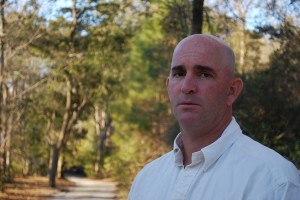A career switch from selling a fashion line under her name to becoming a disaster response expert wasn’t in Lisa Orloff’s long- or short-term plans.
But Sept. 11 changed all that for her. Today, she is the executive director of the World Cares Center, a New York City organization that began after the World Trade Center disaster. Lisa’s post-9/11 dream, which started as September Space, has provided preparedness, response and resilient recovery services and training to more than 45,000 people in 24 states since it’s humble beginnings at Ground Zero.
Drastically different from her career in fashion, Lisa’s new vocation emerged because Lisa instinctively went to the Jacob Javits Center on Manhattan’s West Side to volunteer in any way she could after 9/11.
Lisa’s story is just one of many in my book, Life is Too Short: Stories of Transformation and Renewal after 9/11, coming out for the 10th anniversary of 9/11.
How have you made a difference in the past 10 years?












